Areas of work:
Women in Prison
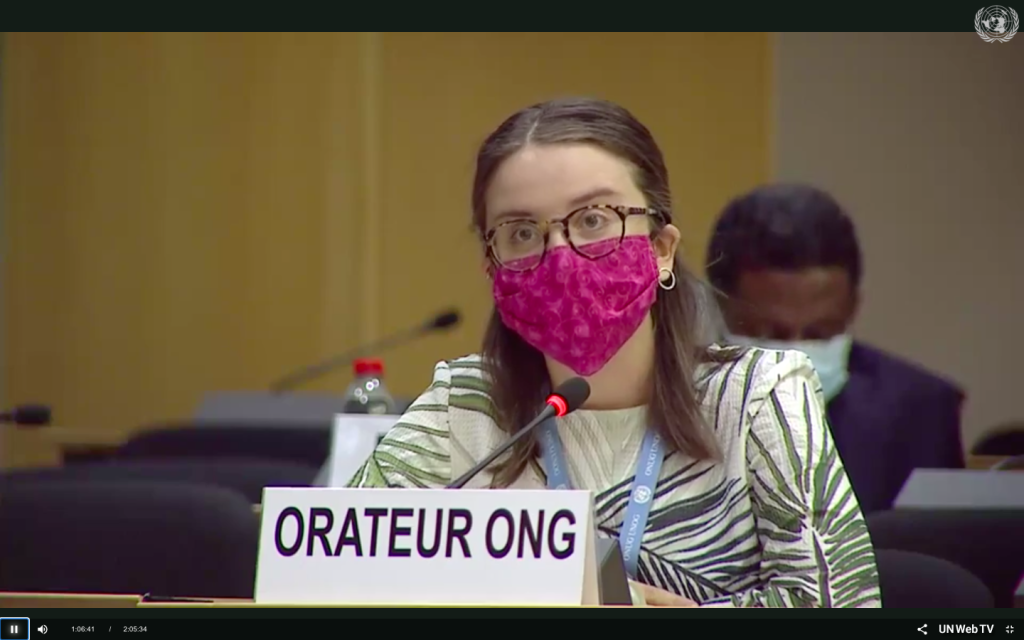
QUNO Joint Statement on Children of Prisoners, Role of Civil Society in protecting their rights
During the 44th session of the Human Rights Council in Geneva, QUNO delivered a joint oral statement with partner Child Rights Connect,...
Read More
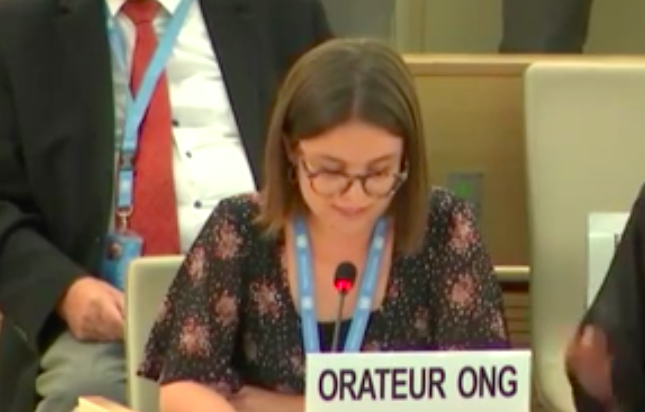
The Human Rights Council: advancing the rights of children of incarcerated parents
At the 42nd session of the Human Rights Council, QUNO welcomed several discussions and documents which incorporated a focus on...
Read More
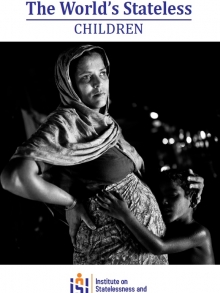
QUNO contributes to a new World Report on Statelessness
QUNO’s Representative for Human Rights and Refugees, Laurel Townhead, has written an article on childhood statelessness of children of prisoners,...
Read More
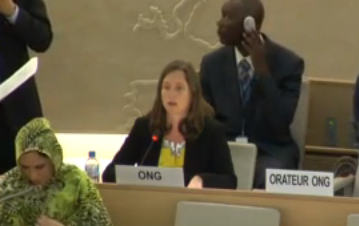
QUNO raises the rights of prisoners and their families at the 27th session of the UN Human Rights Council
QUNO has raised the issue of the rights of the families of persons deprived of their liberty and of children...
Read More
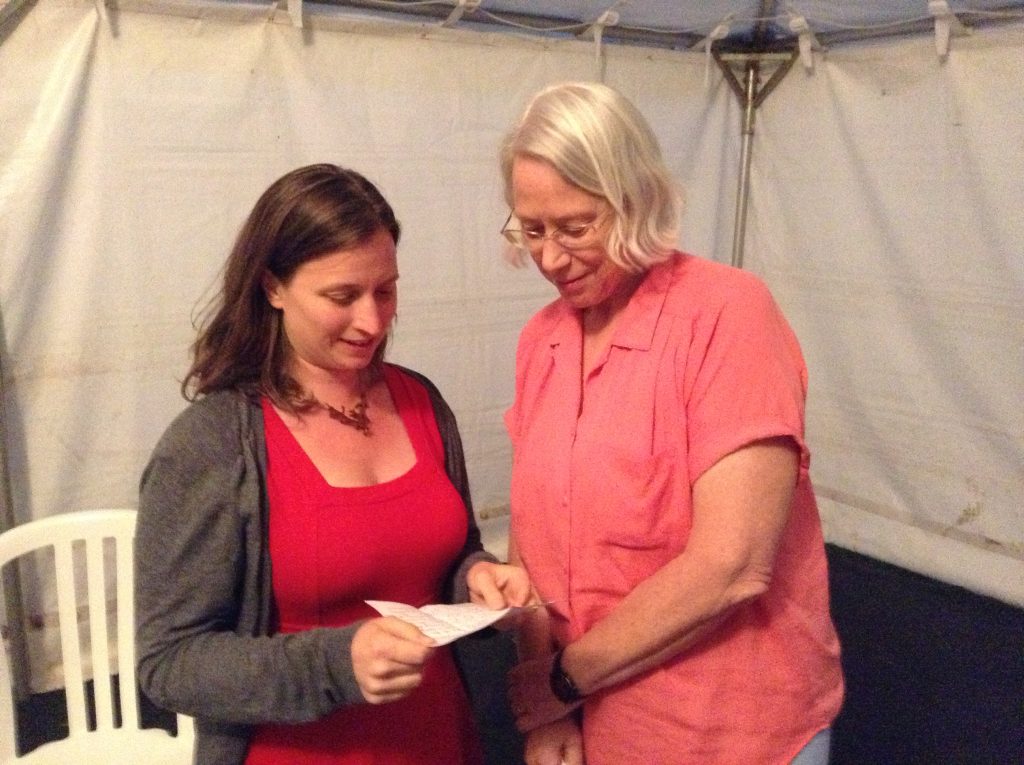
A new Human Rights and Refugees Representative at QUNO Geneva
In February, Rachel Brett who has been Representative, Human Rights and Refugees (HRR) at QUNO Geneva since 1993 announced her...
Read More

Revision of the Standard Minimum Rules for the Treatment of Prisoners
The UN Standard Minimum Rules on the Treatment of Prisoners (SMRs) are the reference for national authorities on how prisoners...
Read More

Judge quotes QUNO’s work in British Columbia Supreme Court judgement, Inglis v. British Columbia
In December, The Supreme Court in British Columbia, Canada, overturned a decision to close the mother and baby unit at...
Read More

Creation of ‘Children of Prisoners’ Programme
Growing out of the work on Women in Prison, QUNO's work on Children of Prisoners begins.
Read More

Creation of ‘Women in Prison’ Programme
Women in Prison work begins, as part of QUNO's Human Rights and Refugees programme.
Read More

Children of (Alleged) Offenders: Revised Draft Framework for Decision-Making
This publication arose out of QUNO’s wider work on the question of women in prison and children of prisoner’s. The...
Read More

Briefing on the UN Rules for the Treatment of Women Prisoners and Non-custodial Measures for Women Offenders (Bangkok Rules)
The Bangkok Rules supplement a set of international standards on the treatment of prisoners – The UN Standard Minimum Rules...
Read More

Oral Statement: Human Rights of Women Prisoners and Children of Prisoners
In this oral statement delivered at the 14th session of the Human Rights Council, Quakers welcome the progress made in...
Read More

Geneva Reporter
QUNO Geneva's newsletter for November to January 2010. Featured stories: Conscientious Objection to Military Service Securing the Millennium Development Goals...
Read More

Children Need Dads Too: Children with Fathers in Prison
Since 2003, QUNO has worked on the issue of women in prison and children of imprisoned mothers, raising awareness about...
Read More

Geneva Reporter
QUNO Geneva's newsletter for February to April 2009. Featured stories: Women in Prison: New Steps and Resolutions Making a Difference...
Read More

References to Women in Prison and Children of Imprisoned Mothers in the documents submitted to, and resolutions of, the 61st session of the UN Commission on Human Rights
References to Women in Prison and Children of Imprisoned Mothers in the documents submitted to, and resolutions of, the 61st...
Read More
